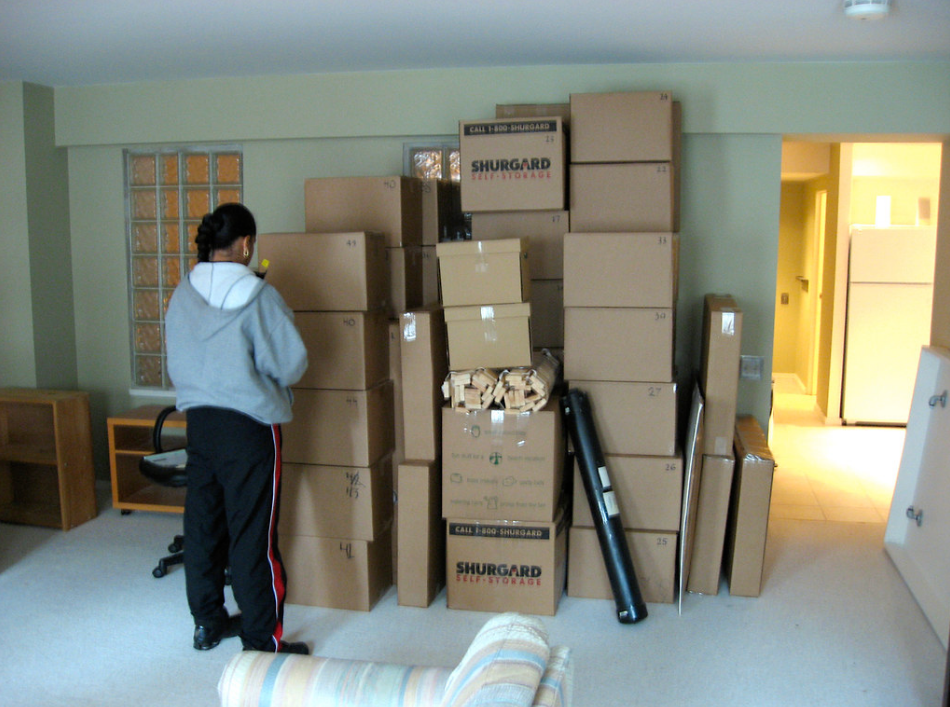The 3 Most Common Eviction Mistakes DIY Landlords Make

Eviction is the legal process whereby a landlord regains possesion of his rental unit, typically for nonpayment or other lease violations. Each state has their own well-defined laws and procedures for evicting tenants. Failure to follow these correctly may result in money-costing delays and/or force a landlord to start the eviction process all over again. Understanding what to avoid can help ensure a quick and relatively hassle-free eviction.
1. Not Using an Eviction Attorney when Required
In Michigan, a landlord can only represent themselves in court if they own the rental property in their personal name. If the property is owned in a company name or trust, then an attorney must be hired to represent the company or trust. So, trying to do it yourself may result in a judge denying your eviction case, which will delay your eviction and potentially lead to additional lost rent revenue. We have heard of some judges allowing landlords to represent themselves when their property is in a company or trust, but you may not want to depend on the mood of the judge to find this out.
Why is this? Well, from the court’s point of view, if you’re going to make your rental property a formal business by putting it into a company or trust, then your business should hire an attorney to professionally represent it.
If/when you do hire an attorney for an eviction, be sure to save yourself significant dollars by hiring one that specializes in residential evictions. They’ll charge less and be experts at evictions. Hiring a “jack-of-all-trades” attorney usually costs more and they may be learning-as-they-go at your expense – including messing up your case!
2. Putting the WRONG Pressure on Tenants to Move
Landlords all want to get rid of nonpaying tenants as fast as possible and skip the delay of the court eviction process if they can. Landlords usually attempt this by intimidating tenants or by making the tenant’s living conditions unpleasant.
Not only Is it illegal to turn off utilities, change locks, remove their possessions or otherwise harass tenants (except for calls to get rent), tenants can sue landlords for doing so.
Don’t make the mistake of thinking a tenant doesn’t have the funds to sue you. Look around town at the billboards for personal injury lawyers. All of them will take a case like this on contingency – meaning they don’t charge the tenant upfront legal fees, but instead take a large percentage of any settlement. The entire personal injury industry is built around this scheme.
Yes, it’s frustrating to lose more rent while going through the legal process of eviction, but it’s a much better business decision in the long run.
3. Not Being Organized for Court
Our final big no-no for DIY landlords is not having all your paperwork and evidence organized to support your eviction case in court.
Whether you hire an attorney or are eligible to represent yourself in court, most judges will consider you a business person and hold you to higher standards than a tenant. They’ll expect you to know the laws, understand the legal process and be prepared to prove your case.
It all starts with of course, the eviction notice – both using the correct form and filling it out correctly. Don’t count on a court clerk helping you out with either of these. If you visit a court, the clerks areas all have signs posted stating they are not allowed to give legal advice – which assistance with choosing the right form and filling it out is considered.
Next you should bring a copy of the signed lease and an easy to follow rent ledger that shows all the tenant’s charges and payments. A bunch of handwritten receipts or notes usually won’t cut it. Take the time to at least put it all together on your computer using Excel/Word or Google Sheets/Docs.
Lastly, you’ll need any evidence to support unpaid non-rent charges on the rent ledger. If you’re evicting over unpaid rent, the ledger is your proof and it will usually be up to the tenant to provide proof they made payments you claim they didn’t. if you’re trying to collect for property damages, be prepared to show pictures and professional bids or bills to repair them. They judge is highly unlikely to take a verbal estimate from you and won’t give you credit for your own labor.
If your tenant is claiming they aren’t paying rent due to damages, you’d better make sure you provide proof to the contrary or a judge will often adjourn an eviction case until you provide proof the repairs are made.
Emails and texts to support your case MUST be printed as a judge will not look at them on your phone, IF you’re even allowed to bring your cell phone or other electronic device into court.
Be sure to bring three copies of any documents you bring as evidence, one copy goes to the defendant (tenant), one goes to the judge and one you’ll want for your own reference.
Lastly, don’t count on a judge allowing unpaid water bills to be include in any judgment they award to you. Michigan statutes technically only allow for the collection of unpaid rent and damages. Be sure to read our other blog posts on how to get around this issue!
Not following the proper eviction process and knowing the laws can lead to an eviction case taking months, which are months your property isn’t generating rent revenue. So, be sure to familiarize yourself with how it all works!